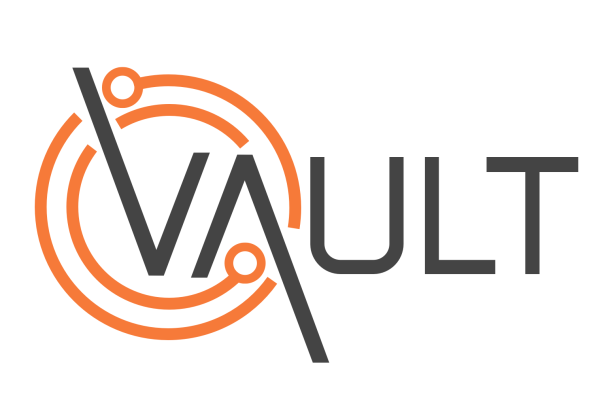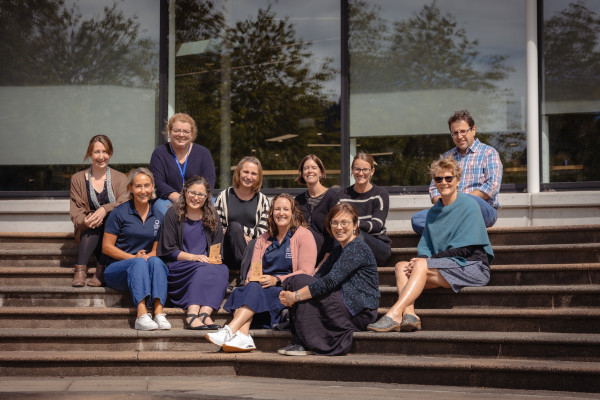- Tūhono home Hoki ki Tūhono
-
- Staff Directory
- Chief Executive Office Auckland International Office Corporate Services Finance Campus Services Functions and Catering Information Systems and Support Marketing, Communications and Engagement Learner Journey Academic Registry International Learner Services Te Punaka Ōwheo
- Learner Experience Academic Excellence Central Campus College of Community Development and Personal Wellbeing College of Engineering, Construction and Living Sciences College of Health College of Work Based Learning Open Education Resource/OERu Research and Postgraduate Studies Te Maru Pumanawa | College of Creative Practice and Enterprise
- Māori Development and Kaitohutohu Office People, Culture & Safety People and Culture Polykids Te Ama Ako | Learning and Teaching Development Wellbeing and Safety Auckland Staff Directory Executive Office Academic Corporate Services Marketing and Business Development Human Resources Campus Quality and Programme Development
-
 Our people make a better world
Our people make a better world
We build the capabilities of individuals, organisations and communities and help them to realise their potential.
Staff Directory
-
- Tools
- Academic Integrity Declaration Form AIC Applications Dashboard Approved Programmes Approved Programme Fees Centralised Assessement Repository Chemwatch CMS - Tūhono & StudentHub updates Course Evaluation and Surveys CRM Applications CRM customer service hub Delegations policy/process Disability and Neurodiversity Dynamics 365 (CRM) EBS Ontrack EBS Report Email Security Personal Portal Employment Matters / Solarworkplace eTaxi eTV
- Financial Variance Reporting Hidden Disabilities Sunflower programme FCM travel intranet InPlace International entry requirements Knowledgebase articles Learner Capability Learner Support Dashboards Linkedin Learning Log a job with Marketing Login as an applicant Microsoft 365 Moderation App Moodle OP Docs OP Docs - Publishing OP Image Libraries Performance Excellence Portal Product Evaluation Panel
- Policy Library Privacy Programme and Course Design and Development Qualtrics XM RDS Remote Access Support Portal Research Database Robertson Library Staff FAQs about Graduation Status of Programmes Student Hub (Kāpehu demonstration view) Study Abroad info for learners Te Whare (Te Pūkenga intranet) Tūhauora I Wellbeing resources Uniprint Vault Webexpenses Auckland Tools
-
 Vault
Had an accident or near miss?
Log it here
Vault
Had an accident or near miss?
Log it here
-
- Communities
- Community AI Steering Committee Ally Network EBS Community of Interest EdTech Champions Health & Wellbeing Research Internal Evaluation Neurodiversity Professional Team Professoriate Proud@OP Student Support Website Advisory Group Web Champions Working under the Rainbow Project Learner Capability Trade Training Centre
- Committee Academic Committee Animals@OP Diversity and Equity Doctor of Professional Practice Committee Kaunihera Whakahaere - Leadership Council Internal Evaluation Learning & Teaching Leadership Team Library Committee Mental Health and Wellbeing Advisory Group Otago Polytechnic Board of Directors Pastoral Care Code Committee Programme Approvals Committee Research and Postgraduate Committee Research Ethics Committee Staff Subcommittee
- Think Tanks Mātauraka Our learners achieve educational success Pūtea Our financial success Tākata Our people, our team, our community Tiriti Our active commitment as a Treaty partner Tūroa Our commitment to be a sustainable and responsive organisation
-
 Create a community
Create a community
Do you have a community, committee or project that you'd like represented here?
Communities
-
- About OP
- Keep up to date All news All events All notices All blogs Share your info Create a news article Create an event Create a notice Create a blog
- Community and Partnerships Alumni and friends Education Foundation Operational information Academic calendar 2025 Academic calendar 2026 Current vacancies Dunedin campus map Our policies Te Whare (Te Pūkenga intranet) Topical FAQs
- Who we are Commemorative sites Māori Strategic Framework Our history Our strategic priorities Pasifika Strategic Framework (2025-2030) Vision and Values Working for us OP job opportunities Wellbeing Calendar Working at OP
-
New Zealand: 0800 762 786
contact us
International: +64 3 477 3014
The perspectives of NASC service coordinators on the use of self-assessment
Author: Mark Esteves
Supervisors: Mary Butler
The perspectives of NASC service coordinators on the use of self-assessment
Mark Esteves
27 November 2019
Abstract
Background. Using a supported self-assessment process is thought to empower people with disabilities to be more in control of their lives (Ministry of Health, 2015). This research aimed to investigate the experiences of service coordinators on the use of the supported self-assessment called Understanding You and Your Situation (UYYS).
Method. Interpretive description was the qualitative methodology used in this study. Semi-structured interviews provided qualitative data from six participants. The interviews were undertaken to capture the service coordinators’ practice and attitudes toward the use of the UYYS. Data analysis applied the Qualitative Analysis Guide of Leuven (QUAGOL).
Findings. Four key concepts were identified on the use of UYYS. These related to: (1) the process of the UYYS, (2) the need for face-to-face interactions, (3) comparison with traditional needs assessment, and (4) assessors’ skills. These concepts provided important information in understanding the UYYS process and how it is linked to a funding allocation tool.
Implications. The concepts found in this study can be used to guide other Needs Assessment Service Coordination (NASC) agencies planning to adopt the UYYS.
Keywords: supported self-assessment, self-assessment, needs assessment, service coordination, disability assessment, interpretive description
The primary supervisor for Mark Esteves' thesis was Mary Butler.
Licence
This thesis is available under a Creative Commons Attribution-NonCommercial licence CC BY-NC 4.0 International.
